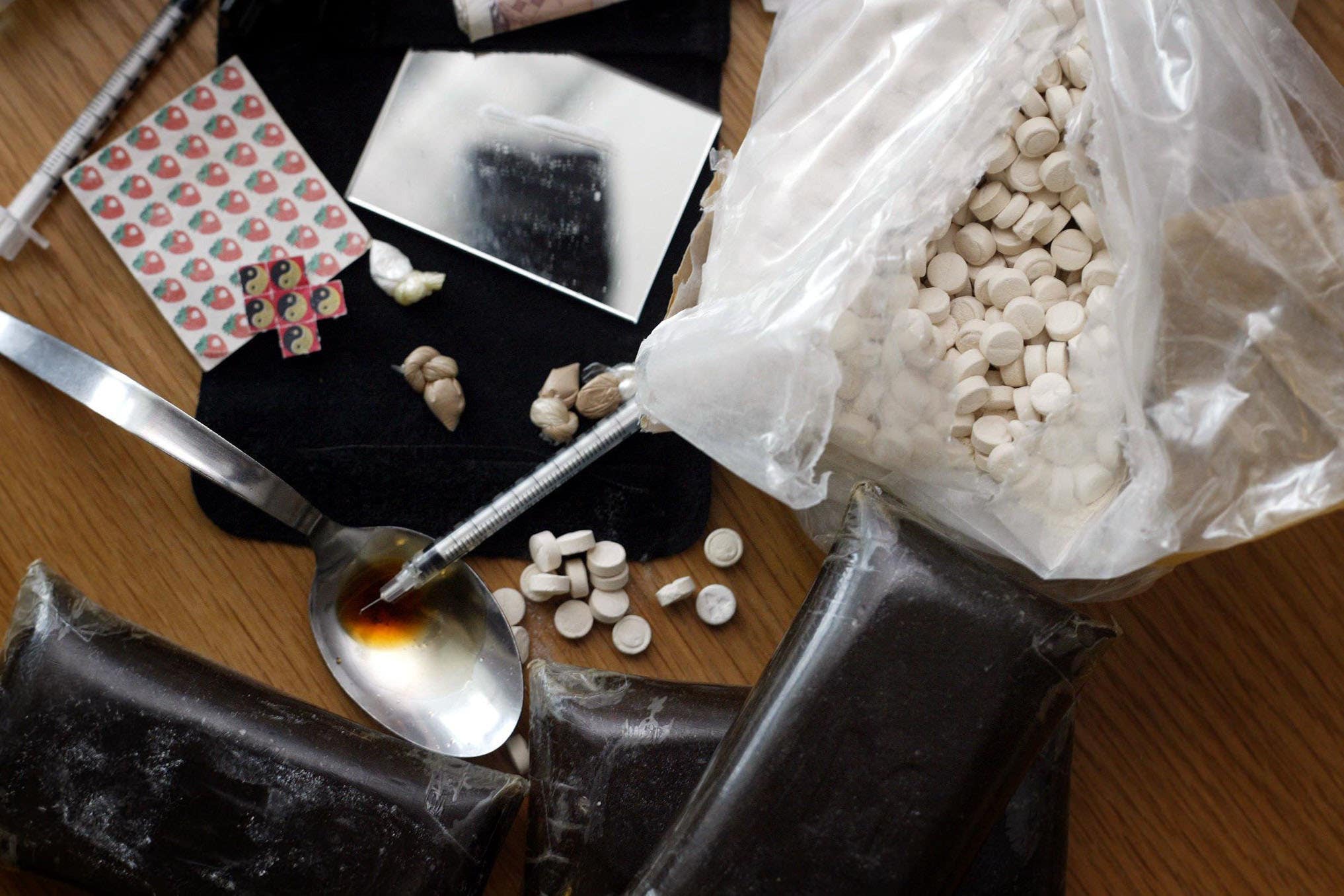Safety in prisons is being “critically undermined” by a drugs crisis which has reached “endemic levels”, MPs have warned, as drone sightings soar by 1,140 per cent.
The cross-party justice committee has called for urgent action after finding almost four in 10 inmates admit it’s easy to get drugs, with many prisons having a “menu” of illicit substances on offer.
A major report published by the committee on Friday warned of the “unacceptable” human cost of the crisis, with 136 drug-related deaths in jails in England and Wales between December 2022 and 2024.
MPs heard that inmates in debt were being forced to test new drugs, sometimes for the entertainment of other prisoners, while staff becoming desensitised to daily suffering was a sign of a “failed system”.
The report found 11 per cent of men and 19 per cent of women said they had developed a problem with drugs, alcohol or non-prescription medication since arriving in prison.
The committee called for the Ministry of Justice to ramp up drug testing, including speeding up plans to introduce waste-water surveillance systems, and invest in electronic drone countermeasures known as “Sky Fence” systems.
It comes as Ministry of Justice figures show drone sightings in prisons have soared more than ten-fold in the past five years.
A total of 1,712 drones were spotted in the year to March 2025 – almost five sightings per day – up from just 138 in the same period to March 2021.
MPs fear drones pose an “extremely serious threat” to prison safety amid fears they could be used to deliver weapons, and potentially guns and explosives, as well as drugs and mobile phones. They also heard evidence about drones that could lift a “moderate-sized person”.

Despite the rising threat of drones, the committee found other traditional ways of getting drugs into prison via visits or throwovers were more common.
The committee called for the prison service to toughen up its vetting procedures for staff to bring them in line with other law enforcement agencies like the police.
Chair of the committee Andy Slaughter said: “The committee’s findings during this inquiry were sobering: put simply the drugs crisis across the prison system has reached ‘endemic’ levels, fostering a ‘dangerous culture of acceptance that must be broken’.
“Fuelled by inflated profits, the supply of drugs by organised criminal gangs into prisons is a constant pressure.
“This is compounded by failure to address and reduce the underlying demand for drugs and combat the alarming rise in the use of sophisticated drone technology.”
The government announced a £900,000 cash boost in July to tackle drones bringing drugs and weapons into prisons, on top of £40m already used to boost security such as by reinforcing windows and putting up netting.
Meanwhile, MPs heard that once a prisoner is exposed to the “menu of drugs” available in jails, the pressure of the established culture made it “exceptionally difficult to resist drug use”.
They also found drugs selling for up to 100 times their street value in the prison market, which is dominated by organised crime groups.
Strong synthetic opioids such as Nitazenes were highlighted as a “volatile threat”. The dangerous drugs, which can be hundreds of times more potent than morphine, have already been linked to 750 fatalities in the UK between 1 June 2023 and 28 August 2025 – including four at HMP Parc, in Wales, in 2024.
Mr Slaughter said: “Highly potent New Psychoactive Substances (NPS) are driving increases in violence, debt, and fatal overdoses, with the current testing regime failing to keep pace.”

It is also feared the new substances pose a wider danger to prison staff at risk of unwittingly inhaling drugs after four officers at one prison became ill.
MPs said that keeping prisoners locked up in their cells for 22 hours a day is driving them to use drugs to escape from boredom and they called on ministers to expand access to education, work programmes and other activities to curb the demand.
Mr Slaughter added: “Without urgent reform and investment that tackles the profitable supply networks, the discrepancies in treatment provision and purposeful activity, plus the poor physical condition of the estate, prisons will remain unstable, unsafe and incapable of gaining control over the drugs crisis.”
Former government drugs tsar Mike Trace, now CEO of the Forward Trust, urged ministers to “recognise the scale of the challenge and accept the justice committee’s recommendation to take decisive action to turn things around”.
